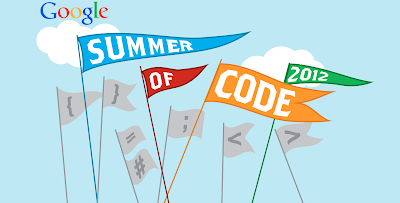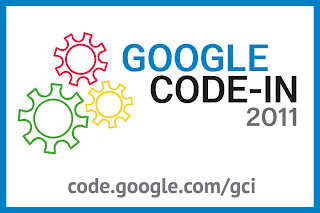During the Google Code-in contest SymPy had a total of 176 tasks completed by 64 students.
Some highlights of the program:
- The Sympy webpage is now translated into five languages and our tutorial is translated into three languages.
- The interface for SymPy Live was completely rewritten, and many new features, such as tab completion, full screen mode, saved searches, and recent searches were added. We also now have a mobile version of the site available. If you have not used SymPy Live since the start of the Google Code-in program, I encourage you to check it out.
- Our documentation, in particular our Sphinx documentation, was vastly improved. For example, as a result of the program we are now much closer to the goal of including every public functions' docstrings in the Sphinx docs. We are also now much closer to the goal of complete docstring/doctest coverage for public functions, classes, and methods throughout SymPy. Other documentation was improved as well, such as the isympy manpage and the new cheat sheet.
- Various bug fixes, cleanups, and improvements throughout the code base, as well as changes to our web page and wiki.
For full information about which tasks were completed, see our page on the Google Code-in site.
Thanks to all of these students for your contributions! We hope that you will continue to contribute to SymPy outside the program, and that you will use SymPy when you find yourself in need of a symbolic mathematics system.
I would also like to thank all the mentors and anyone who helped to review tasks for Google Code-in.
Some of the mentors who helped include: Aaron Meruer, Alexey Gudchenko, Chris Smith, Christian Muise, Hector (Prafullkumar P. Tale), Joachim Durchholz, Mateusz Paprocki, Matthew Rocklin, Ondřej Čertík, Ronan Lamy, Saptarshi Mandal, Stefan Krastanov, and Vladimir Perić.
Thank you to each and every one of you. Without your mentoring help and assistance with various other things like developing the tasks, SymPy's participation in this contest would not have been possible.
Finally, I want to thank Google for putting on this contest. This goes out especially to the Google Open Source Programs Office for running the contest and to the developers of Melange, who were helpful throughout the whole process.
By Aaron Meurer and the SymPy development team











